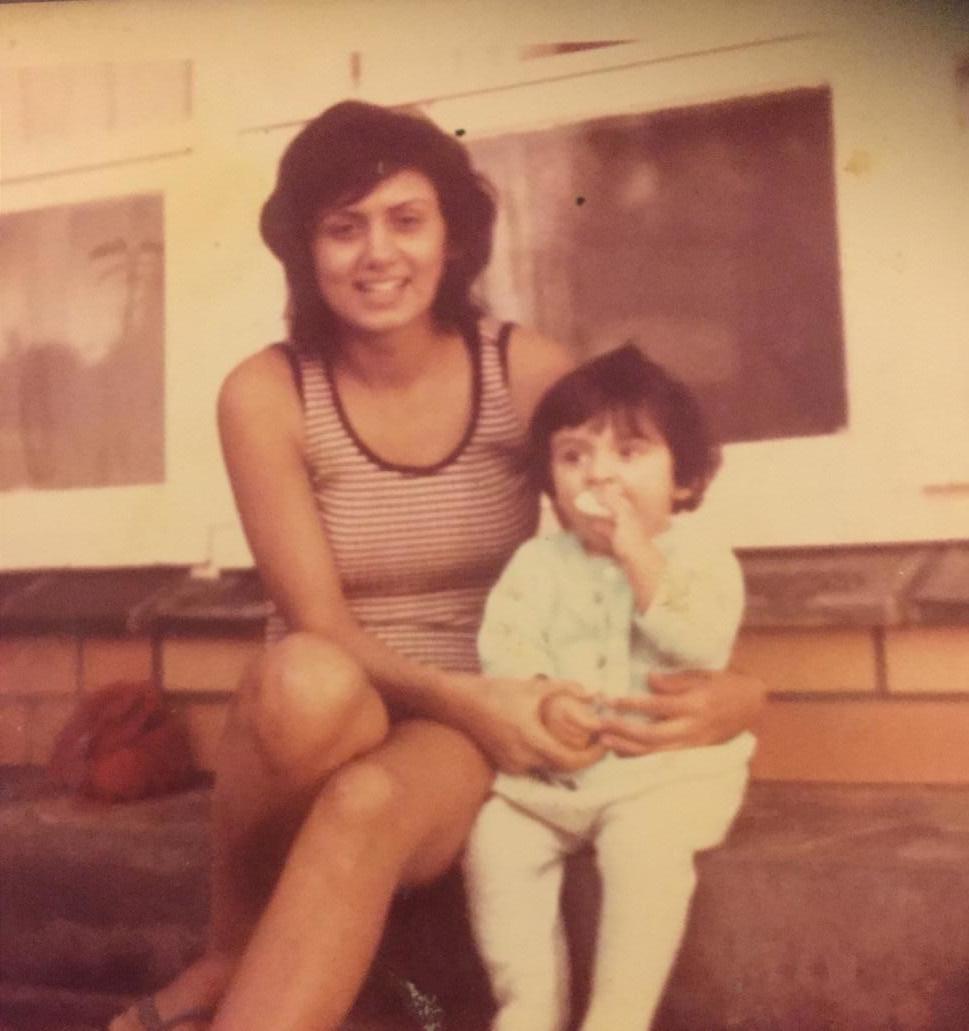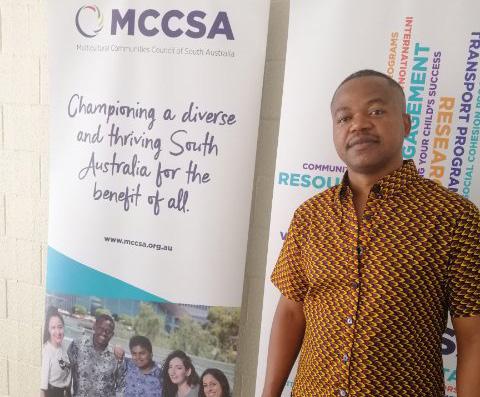
5 minute read
A Migrant Journey: Tanya Kaplan OAM
International Women’s Day Award Winner 2021
Driven by the promise of a new life, millions have come from all corners of the globe to call Australia home. Amongst these waves of migrants are women who played a significant role in shaping Australia’s history.
For this edition of Community Voices, we spoke to Tanya Kaplan (formerly known as Aysen Hassen), winner of the Migrant Women’s Lobby Group, International Women’s Day, Irene Krastev award to share with us her Australian journey. The Migrant Women’s Lobby Group was one of the many groups Irene helped establish during her lifetime. The group decided to honour and remember Irene and her contribution to the community and women’s issues by having the IWD Irene Krastev Award which is annually presented to a woman from a migrant or refugee background who has made a significant contribution to the community and to the participation of women in the social, economic, and educational life of South Australia.
Tanya Kaplan received the award at the Multicultural Aged Care Centre on the 16th of March 2021 adding to the many other awards she has received over the years recognising her leadership role in South Australia’s multicultural community. She received an award from the Federation of Ethnic Communities Council of Australia (FECCA) in 2005 and is also a proud recipient of the Order of Australia Medal (OAM) in 2017.


Talking about her Australian Journey Tanya said she arrived in Adelaide Australia in 1970 and has been living in South Australia all these years. Born in Cyprus, a British colony in those days, Tanya said she had always wanted to live in an English speaking country when growing up. Adelaide or Australia wasn’t her first choice but as fate would have it, marriage brought her to Adelaide. Tanya spent her first 4 years as a house wife in Adelaide. In 1974, her husband bought a farm in Murray Bridge and soon she became an instant gardener and the biggest tomato grower in South Australia, managing 40 big glasshouses and many casual workers. Difficulties associated with farming led Tanya to move back to Adelaide where she took up Braille translation as a hobby, and eventually started working as Braille Transcriber at St Francis of Assisi school, Charles Campbell Secondary School and Modbury High school. Her school based experience helped her to become a Bilingual School Services Officer in many schools. From that time onward Tanya immersed herself in the Turkish community and the multicultural sector in South Australia. Realising that Braille translation was not enough for her she launched into tertiary education which is something she had missed out on due to marrying at a young age. “I always wanted to go to university, but I was married young, I was forced to get out of Cyprus because of the political situation, so I couldn’t go to university” said Tanya. Tanya was the first Welfare Worker for the Muslim Women’s Association and while President of the Turkish community in SA Tanya decided to start her tertiary studies at the University of South Australia (UNISA), graduating with a Diploma in University Studies, Bachelor of Social Work Degree and a Master’s degree in public policy and management at Flinders University. She taught at Flinders University, Cambridge International College and TAFE.
Tanya’s colourful journey took her on different paths during and after her studies. In 2000 she started working as the Community Visitor Scheme (CVS) Coordinator at MCCSA and also helped establish the South-East Asia Reconnect program which is still on-going at the MCCSA. She was also an interpreter in Turkish and then later became a NAATI qualified interpreter and translator. Tanya was dealing with many communities and organizations including Centrelink. This experience helped her gain a position at Centrelink as a Multicultural Specialist. Tanya said she is happy with the job because she likes to help migrants, especially new arrivals. “I've been through social isolation; I didn’t know any Turkish speaking people when I arrived. I was very isolated, so I like to help new arrivals, particularly the ladies. I like to hold their hands, show them that we have all these services in Australia, and encourage them not to be in the house all the time and get bored, depressed and all that”. ‘I started my tertiary education when I was a grandmother. There is no limitation to learn. It’s not what I achieved but how I achieved it’ said Tanya. In relation to gender equality, Tanya said Australia has a long way to go. “In Australia I don’t think we are ready yet to have gender equality, look at wages, how it differs between male and female. When Julia Gillard was PM she receieved a lot of negativity that is not normally done to men, look at the number of females in the political parties” said Tanya. Talking about migrant women and the challenges they face Tanya said overall migrant women are very resilient. They came and had to learn English, study, look after their kids and still go to work. “So it’s laughable when they get asked at job interviews ‘are you resilient’ to a woman who has been through so much”. Tanya’s parting advice for migrant communities is for people to go out and do volunteer jobs. “If you go out and volunteer you get to meet people, you learn that knowledge is power, you give back to the community, you gain friends and you learn a lot, you integrate better into society and don’t build walls around yourself. “This is a beautiful country, it has social services, it got social security, and they value people, take advantage of these opportunities”. It was great speaking with Tanya and we appreciate her sharing her Australian journey with us. We congratulate Tanya on her award and wish her all the very best for the future.




